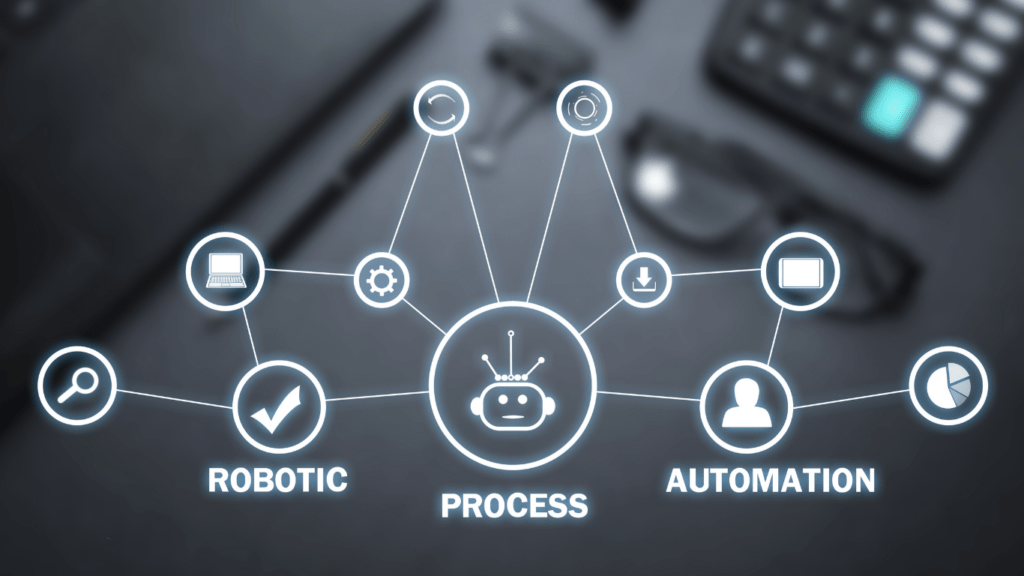Why Emerging Tech Startups Matter in 2025
Emerging tech startups drive innovation by addressing critical challenges with advanced solutions. Whether in artificial intelligence, sustainable energy, or healthtech, these startups lay the groundwork for long-term advancements across multiple sectors.
Startups bring agility into industries that require quick adaptation. Traditional organizations often struggle to innovate due to their size and complex operational layers, while startups rapidly develop and implement disruptive technologies like machine learning algorithms and green hydrogen production.
They also attract investments that fuel global economic growth. Data from Crunchbase shows that venture funding in tech startups exceeded $300 billion globally in 2023, with projections indicating higher figures by 2025.
Many startups focus on addressing societal and environmental challenges. For instance, carbon capture technology startups aim to combat climate change, while companies in decentralized finance work toward increasing financial inclusivity.
These startups contribute significantly to job creation. According to LinkedIn’s Economic Graph, roles in tech startups increased by over 15% annually from 2020-2023, emphasizing their impact on employment trends and skill development.
Their ability to redefine industries positions them as key players in global tech ecosystems. Startups in quantum computing, for example, have made strides that could transform fields like cybersecurity and drug discovery. These developments underscore the unprecedented influence startups will have by 2025.
Overview of the Top 10 Emerging Tech Startups
These startups stand out in 2025 for their exceptional contributions to technology and their ability to redefine industry standards. Each company demonstrates unique strengths, from innovation to sustainability, shaping them as key players in the global tech ecosystem.
Startup 1: Focus and Innovation
This startup emphasizes precision through AI-driven solutions, creating highly scalable systems for sectors like healthcare and logistics. Its novel algorithms ensure faster problem-solving and increased accuracy, earning recognition among investors and industry leaders.
Startup 2: Disruptive Solutions
With a focus on blockchain and decentralized finance, this company delivers efficient, secure platforms for financial transactions. Its solutions reduce transaction time and enhance transparency, challenging traditional banking systems.
Startup 3: Impact on the Market
Specializing in quantum computing, this startup captures attention by solving computational challenges at unprecedented speeds. Its partnerships with multinational corporations boost their foothold in sectors like energy and pharmaceuticals.
Startup 4: Sustainability and Growth
This company pioneers clean energy technologies, such as advanced solar panels and energy storage systems. Its products support global sustainability goals while attracting significant investments in renewable energy.
Startup 5: Cutting-Edge Technology
A leader in autonomous vehicle software, this startup merges AI and IoT to revolutionize mobility systems. Its real-time data processing enhances safety and efficiency, positioning it as an industry game-changer.
Startup 6: Global Reach
By offering cloud-based SaaS platforms, this startup meets the needs of diverse industries worldwide. Its focus on user-driven interfaces and cross-border integrations drives rapid adoption across continents.
Startup 7: Industry Leadership
Dominating the healthtech landscape, this startup provides wearable devices with real-time health monitoring capabilities. Its FDA-approved products are critical for managing chronic diseases and preventing medical emergencies.
Startup 8: Strategic Vision
This firm’s robotics solutions redefine industrial automation with a roadmap focused on workforce augmentation. Its versatile robotics systems optimize manufacturing processes while ensuring seamless human-machine collaboration.
Startup 9: Tech-Driven Insights
With expertise in big data analytics, this company transforms raw data into actionable insights for enterprises. Its AI tools improve operational decision-making, driving cost savings and increasing productivity.
Startup 10: Future-Proof Offerings
Using AR and VR, this startup reshapes industries like gaming and education. Its immersive experiences foster better engagement and learning outcomes, aligning perfectly with the demands of a digital-first world.
Trends Shaping the Startup Landscape in 2025

Technological advancements and evolving consumer demands define the startup environment in 2025. Emerging trends reshape industries, creating opportunities for startups to innovate and scale rapidly.
1. AI and Machine Learning Integration
AI-powered solutions dominate sectors like healthcare, logistics, and finance. Startups apply advanced machine learning algorithms to develop personalized medicine tools, predictive supply chain models, and fraud detection systems.
2. Green Technology Innovation
Environmental concerns drive investment in clean energy and sustainable solutions. Startups focus on carbon-neutral innovations, waste management platforms, and renewable energy storage technologies to address global ecological challenges.
3. Extended Reality (XR) Expansion
AR, VR, and MR redefine user experiences in gaming, education, and e-commerce. Startups leverage XR to build immersive training environments, virtual shopping experiences, and collaborative remote work tools.
4. Blockchain Applications Beyond Crypto
Startups explore blockchain for use cases like decentralized finance (DeFi), supply chain transparency, and secure digital identity verification. This enhances efficiency and trust in multiple industries.
5. Quantum Computing Advancements
Quantum technology progresses from research to application, enabling startups to tackle complex computational problems. Initial focus areas include optimization, cryptographic algorithms, and material discovery.
6. Healthtech Transformation
Wearable devices, telemedicine platforms, and AI diagnostics empower startups to improve healthcare accessibility. These innovations optimize patient outcomes and reduce operational inefficiencies.
7. Autonomous Systems Development
Startups refine autonomous vehicle software and robotic automation solutions. These advancements enhance transportation safety and boost productivity in industrial operations.
8. Big Data and Analytics Evolution
Big data becomes central for data-driven decision-making. Startups use analytics tools to help businesses uncover actionable insights and predict market trends.
9. Cybersecurity Enhancements
Rising cyber threats challenge startups to innovate. They develop robust security solutions like AI-enabled threat detection systems and zero-trust frameworks for enterprises.
10. Collaborative Tech Growth
Remote and hybrid work environments encourage collaborative tech solutions. Startups create platforms that integrate project management, real-time communication, and employee well-being tracking.
These trends push startups to rethink traditional methods and adopt forward-thinking approaches.



